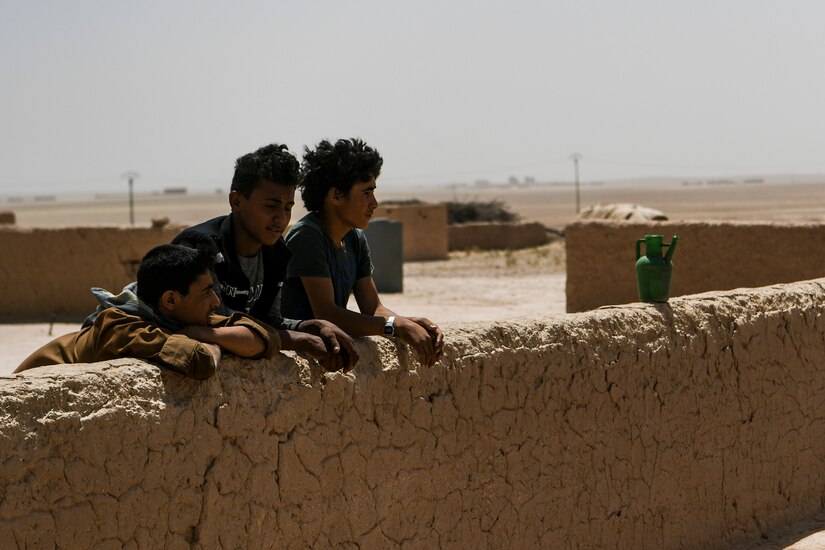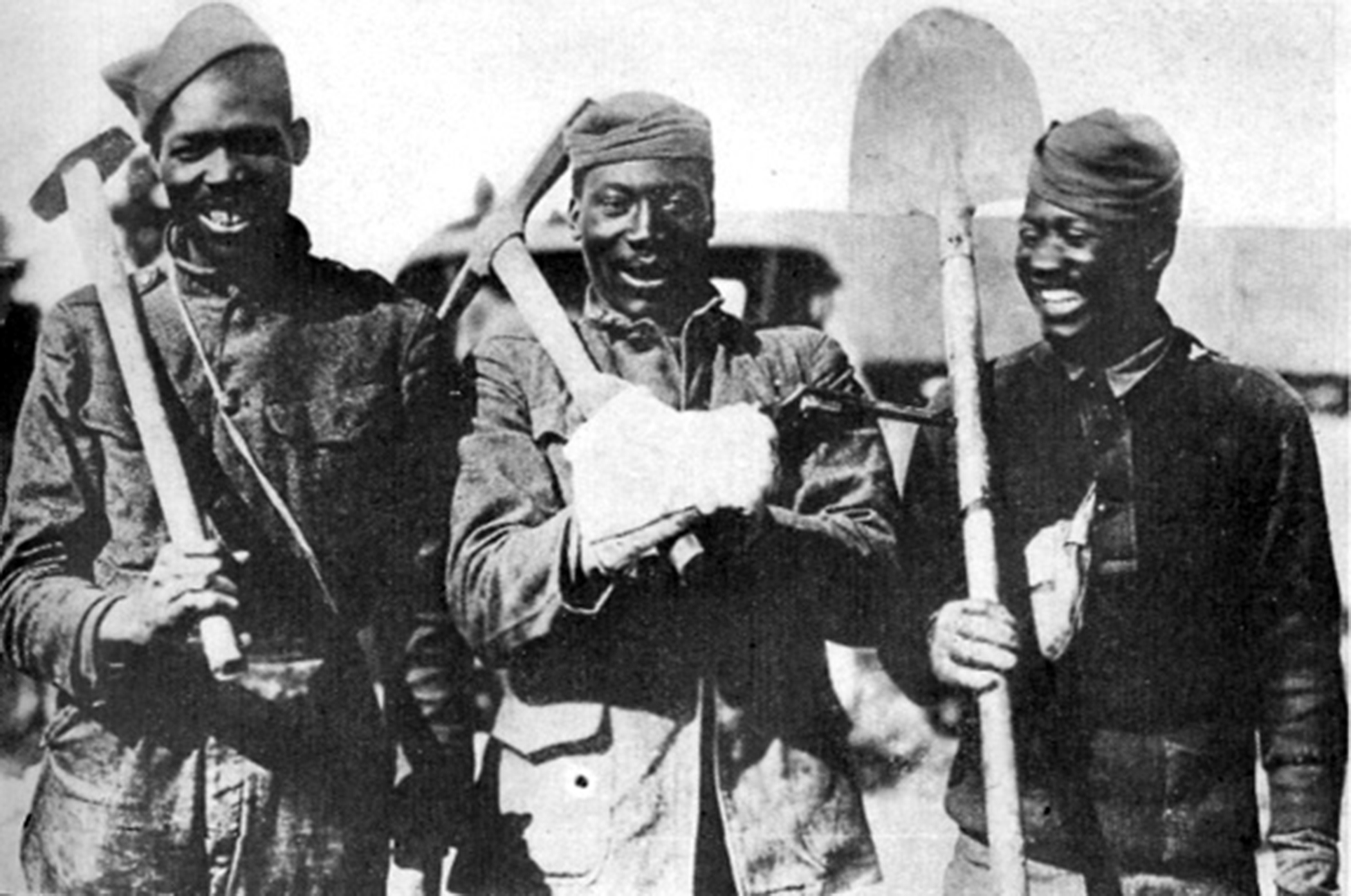I went to a
Dead Soldiers Debate today, which was a presentation where actors portrayed four deceased military personnel from World War I to honor those who fought in that Great War on this 100th anniversary of Armistice Day.
One of the more interesting aspects for me was the opinions of Lt. Young, an African American fighting for the US, and Col. Junger from Germany, both of whom had very Romantic views of the war. This was exaggerated greatly by the contrast with the US private who hated the war and lived a miserable, traumatized life after it ended.
Both Lt. Young and Col. Junger were driven by a deep drive for Nationalism. Junger was convinced that the war was necessary to protect the Germans form their rivals. Young wanted desperately to be given the opportunity to prove his allegiance to his country.
 |
| Lieutenant Colonel Charles Young |
Junger spoke very lovingly of his country, citing all the genius and invention that Germany had given birth to. He wanted to protect that, and saw the war as the best way to do that. Additionally, he saw combat as an ideal avenue to prove his skills and test his abilities. This was much more Romantic and in stark contrast to Allred, who viewed the war as unconstitutional servitude.
Lt. Young also idealized the war as a way to prove himself. What he wanted to prove was his loyalty to the United States. However, he also mentioned that he wasn't quite sure what democracy the US was fighting for if African Americans were banned from public office and women still weren't allowed to vote.
It is so interesting, that despite all of this, he yearned to show his loyalty to a country who had not been loyal to him in any way. That, to me, is a very Romantic sense of nationalism. It was less about what the country was or had been, but what it could be, what you believe it stands for, even if its actions don't fall in line.
All in all, it was a fascinating program that taught me a lot and showed an intriguing cross-section of opinions.
Image Credit: US Army










